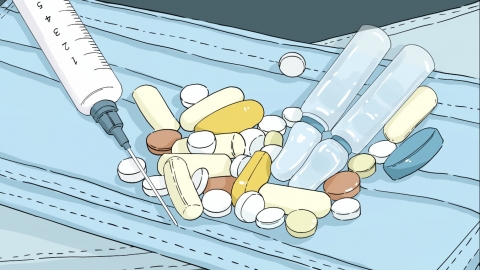Can diuretics treat hypoglycemia?
Generally speaking, diuretics cannot treat hypoglycemia. The detailed explanation is as follows:

Diuretics are primarily medications used to treat sodium and fluid retention in the body. They act on the kidneys to promote excretion of sodium and water, reducing excess circulating blood volume and extracellular fluid volume, thereby alleviating cardiac load and eliminating edema. Diuretics play an important role in the treatment of kidney disease, hypertension, heart failure, and other conditions. However, hypoglycemia is a medical condition caused by abnormally low levels of glucose in the blood, and its treatment typically includes dietary adjustments, pharmacological therapy, and surgical treatment directed at specific underlying causes.
Although certain diuretics, such as furosemide tablets, losartan potassium hydrochlorothiazide tablets, and spironolactone tablets, may sometimes be referred to as glucogenic diuretics, this is because they can inhibit insulin release or increase hepatic glucose output, thereby indirectly elevating blood glucose levels. However, this does not mean that diuretics are the first-line or primary medication for treating hypoglycemia. In the management of hypoglycemia, diuretics are generally not the preferred treatment option but are used as part of a comprehensive treatment approach tailored to the patient's specific condition and underlying causes.
When using diuretics, it is important to closely monitor the patient's blood glucose levels and adjust the treatment plan as necessary.









